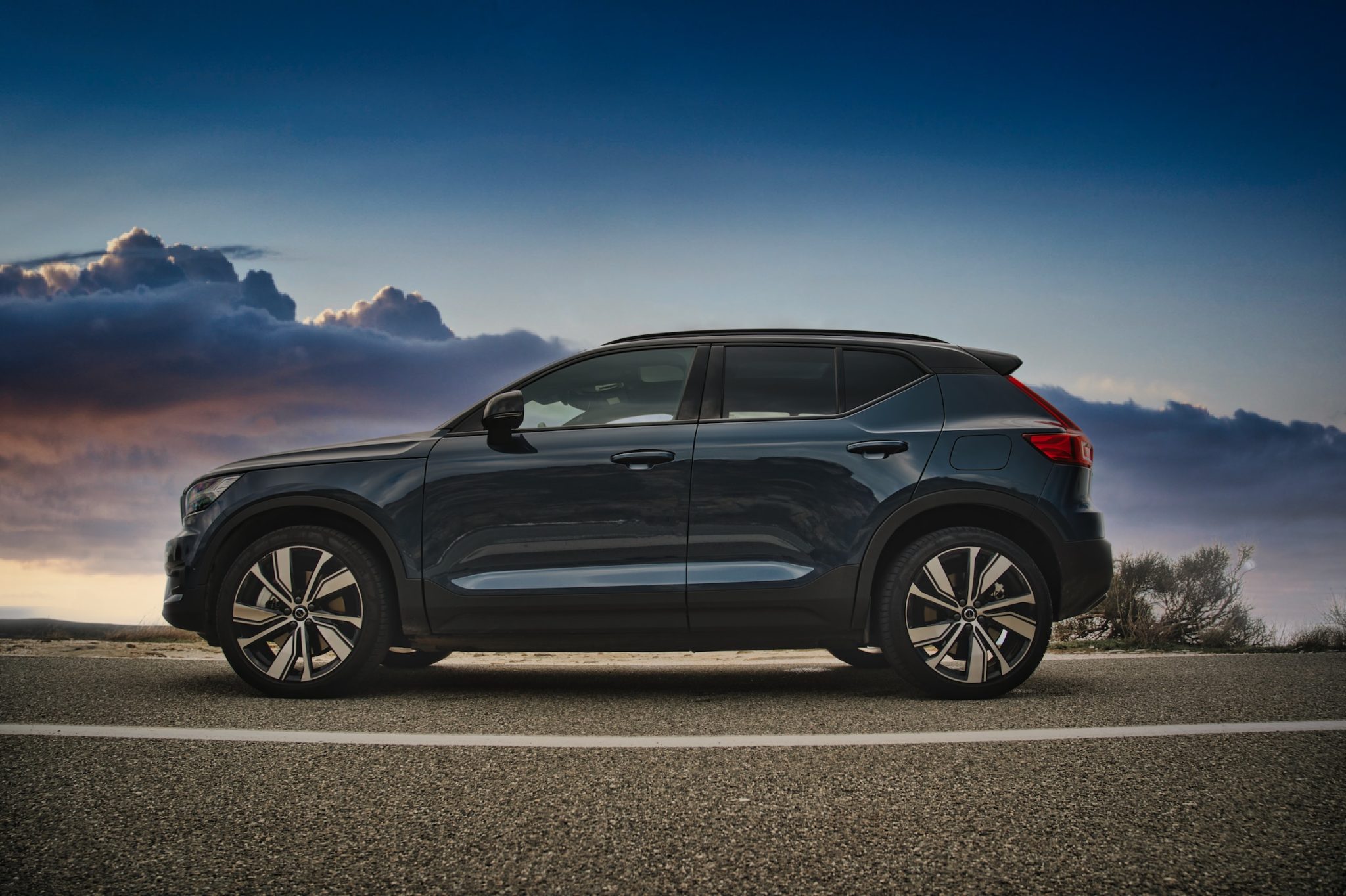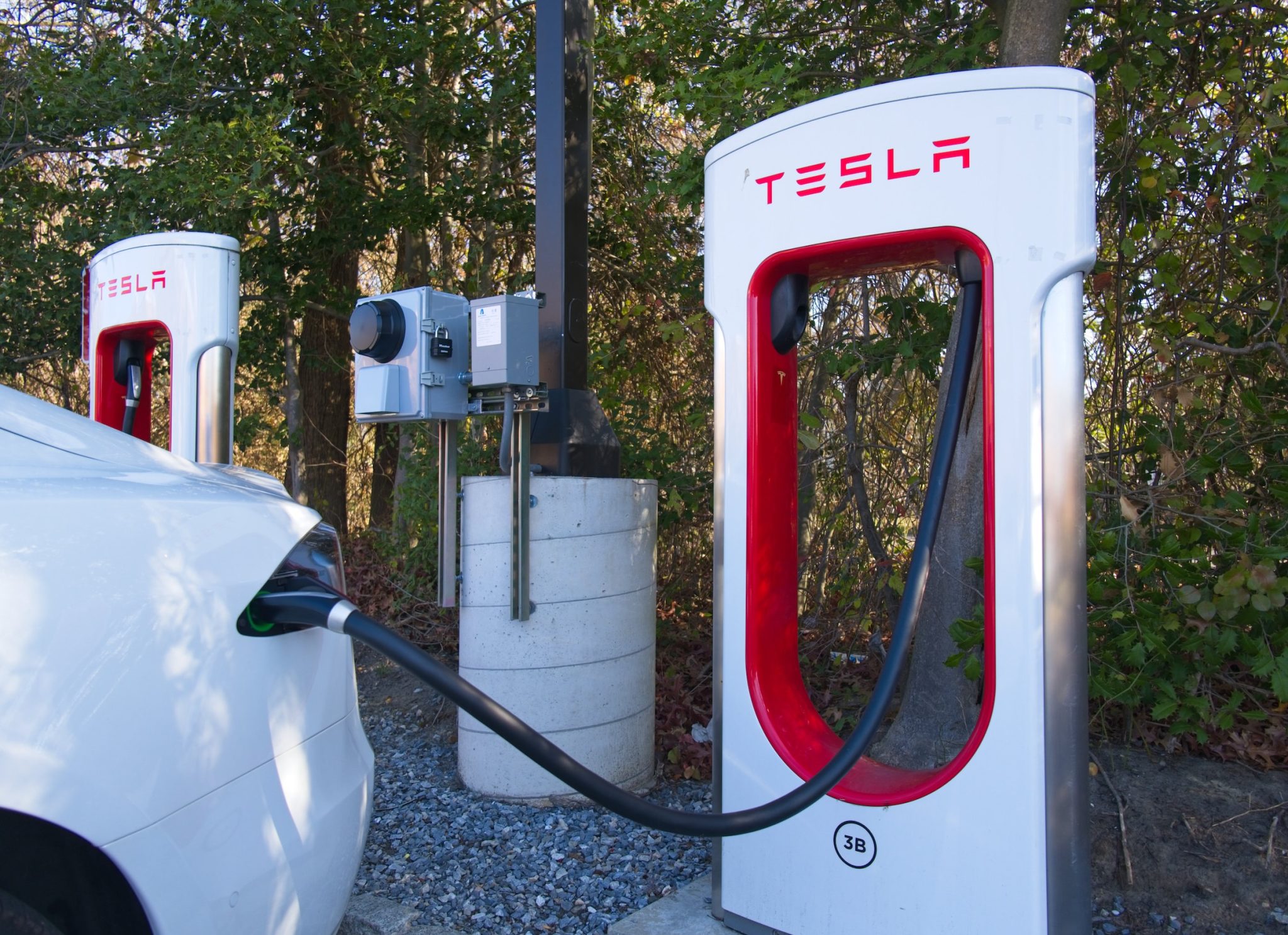In the rapidly evolving world of electric vehicles (EVs), strategic partnerships and technological advancements are key to staying ahead of the curve. Volvo Cars, renowned Swedish automaker, is making significant strides in this direction.
The company recently announced a landmark agreement with Tesla, granting Volvo’s EV drivers access to Tesla’s vast Supercharger network across North America. While Volvo is leveraging Tesla’s charging infrastructure, it has chosen to develop its own autonomous driving technology, underlining its commitment to innovation and independence in the EV sector.

A Strategic Partnership with Tesla
Volvo Cars is the first European automaker to sign an agreement with Tesla, enabling current and future electric Volvo car drivers to access Tesla’s extensive Supercharger network across the United States, Canada, and Mexico. This agreement is a significant step in Volvo’s journey towards becoming a fully electric car maker by 2030.
Starting from 2025, future Volvo cars will be equipped with the North American Charging Standard (NACS) charging port in the region. This arrangement provides fully electric Volvo drivers access to 12,000 new fast-charge points, a figure that is expected to grow as Tesla continues to expand its Supercharger network.
Jim Rowan, CEO at Volvo Cars, emphasized the importance of this agreement, stating, “One major inhibitor to more people making the shift to electric driving – a key step in making transportation more sustainable – is access to easy and convenient charging infrastructure. Today, with this agreement, we’re taking a major step to remove this threshold for Volvo drivers in the United States, Canada, and Mexico”.

Volvo’s Autonomous Driving Ambitions
While Volvo is leveraging Tesla’s Supercharger network, it has chosen a different path when it comes to autonomous driving technology. Volvo Cars CEO, Jim Rowan, confirmed that the company does not plan to use Tesla’s autonomous driving technology and will instead focus on developing its own systems.
Rowan explained, We’ve already made that decision in terms of what we want to control internally, in terms of our technology stack. And we’ve chosen that we want to be in full control of our ADAS , all the way up to full AD software. So we will continue to write that, we will continue to invest in that, and we’ll continue to develop that”.
This decision reflects Volvo’s commitment to innovation and its desire to maintain control over its technology stack. The company has taken full ownership of Zenseact, a business specializing in autonomous driving software, further emphasizing its dedication to developing its own autonomous driving systems.
Volvo’s Financial Performance and Future Outlook

Volvo Cars reported a 39% increase in operating profits, excluding joint ventures and associates, to SEK 6.4 billion for the second quarter of 2023. The company also reported a strong sales performance in electric cars, with sales of fully electric Volvo car models increasing by 178% year-on-year during the quarter, accounting for 16% of its total share.
Volvo Cars’ longer-term electrification strategy is centered around every car it sells being fully electric by the year 2030. This would mean a phase-out of vehicles using internal combustion engines, including hybrids.
Looking ahead, Volvo Cars expects a solid double-digit growth in retail sales for the full year and anticipates the share of fully electric car sales to come in even higher than last year’s full-year share of 11%.
Volvo Cars is making significant strides in the EV sector, leveraging strategic partnerships and focusing on technological innovation. By harnessing Tesla’s Supercharger network and developing its own autonomous driving systems, Volvo is positioning itself as a leader in the electric vehicle revolution.
Sources
- Electric Volvo car drivers will get access to 12,000 Tesla Superchargers across the United States, Canada and Mexico as Volvo Cars adopts North American Charging Standard
- Volvo Cars will use Tesla’s Superchargers but not its autonomous driving tech. Its CEO explains why
- Volvo Cars Q2 results: full speed ahead in transformation with a solid business performance
Article Last Updated: July 28, 2023.
